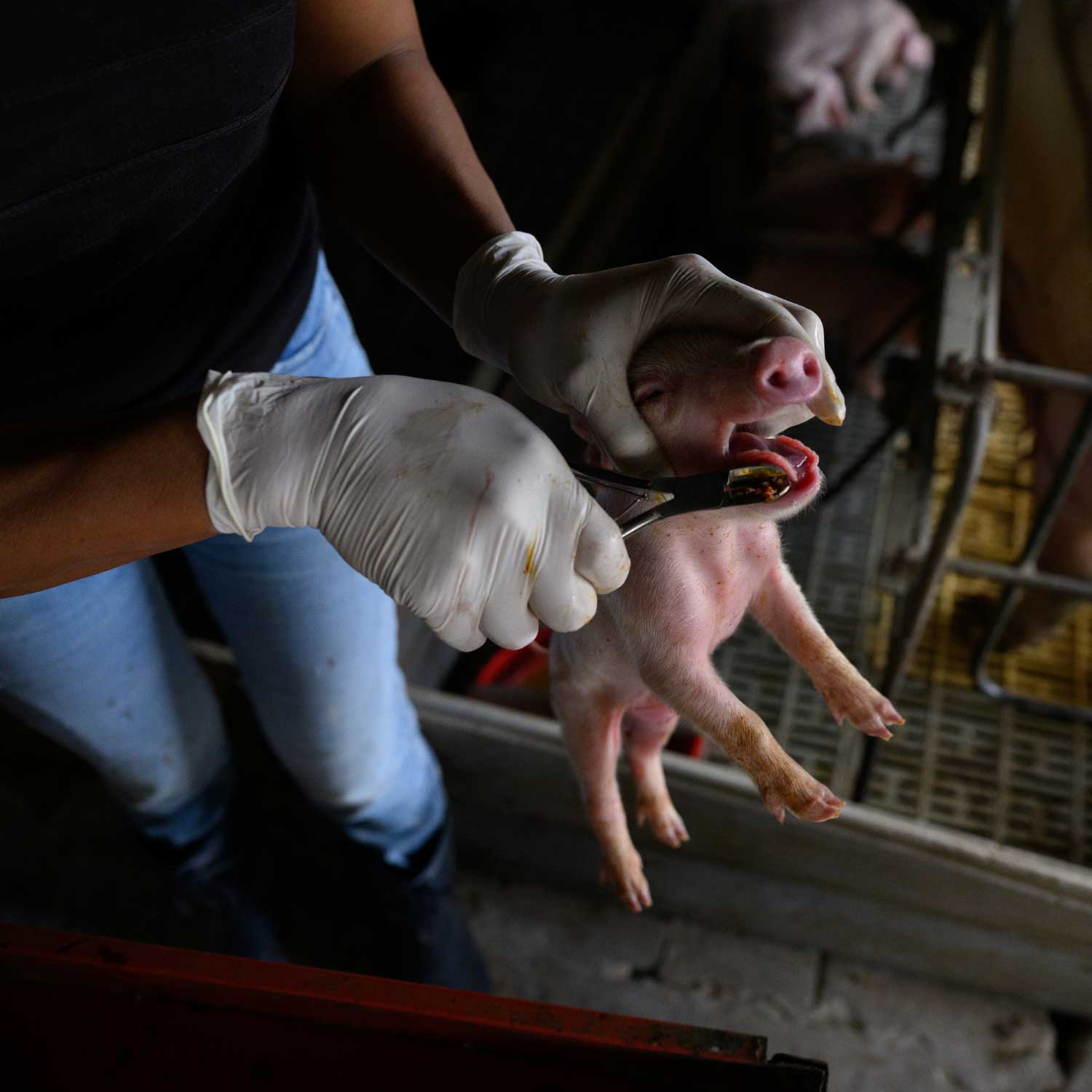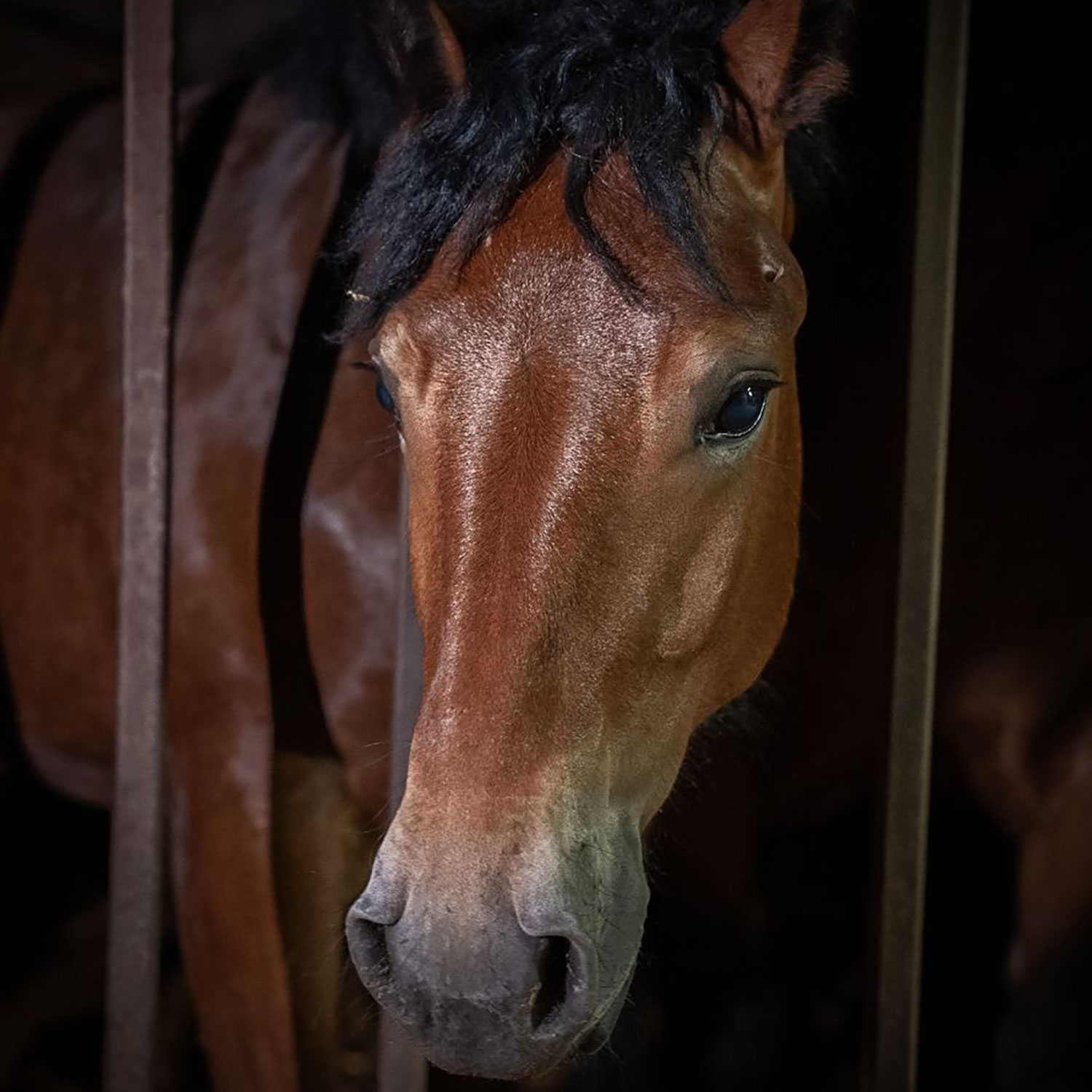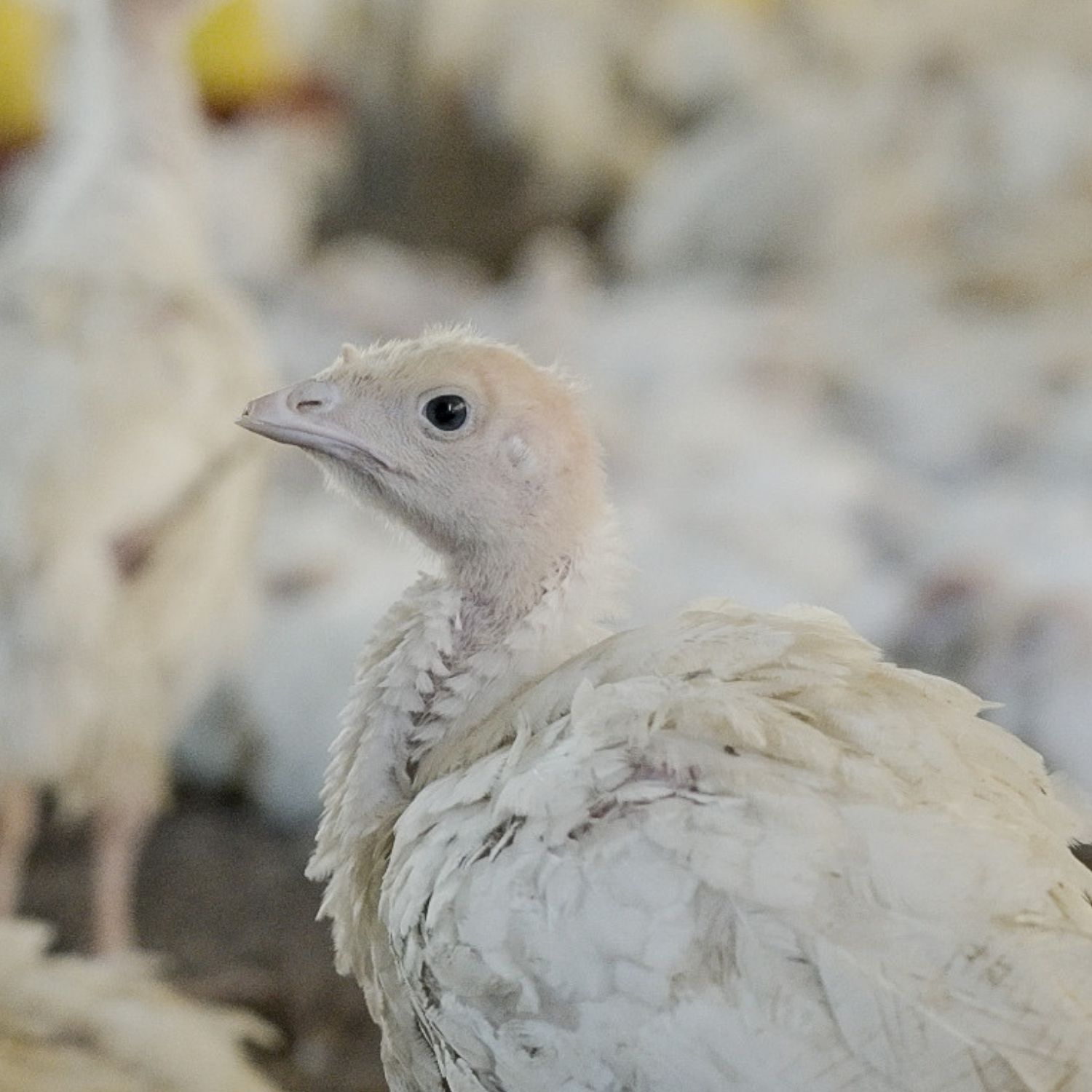Japanese Restaurant Giant Bans Cages for Hens Worldwide
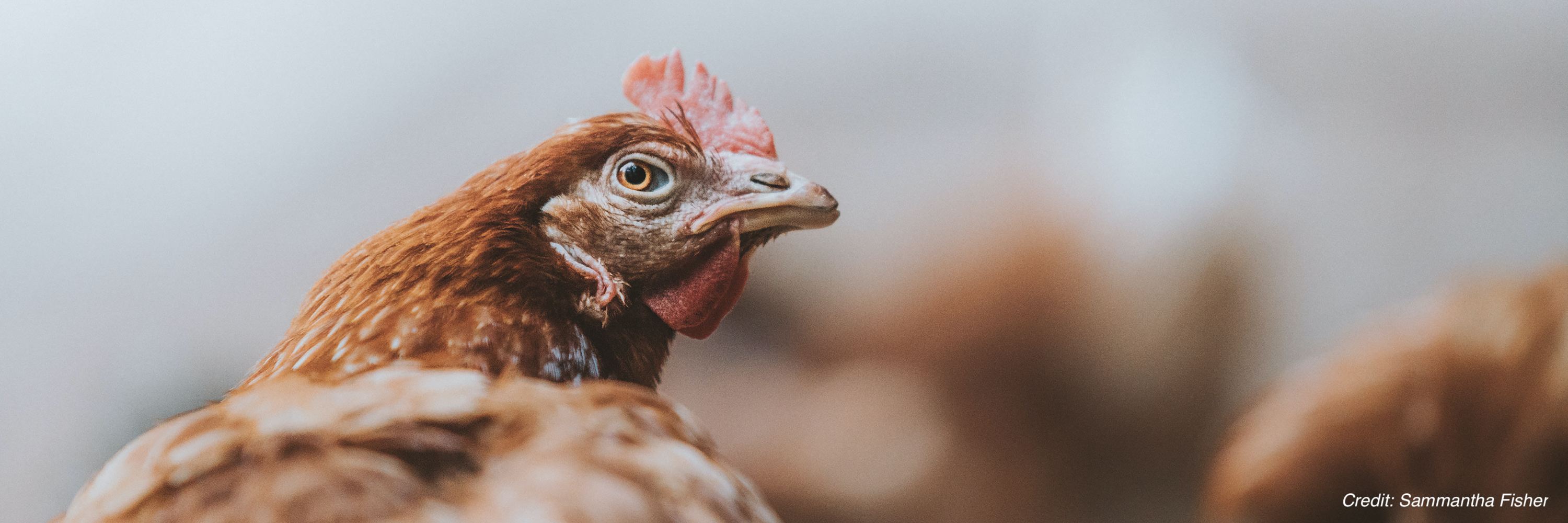
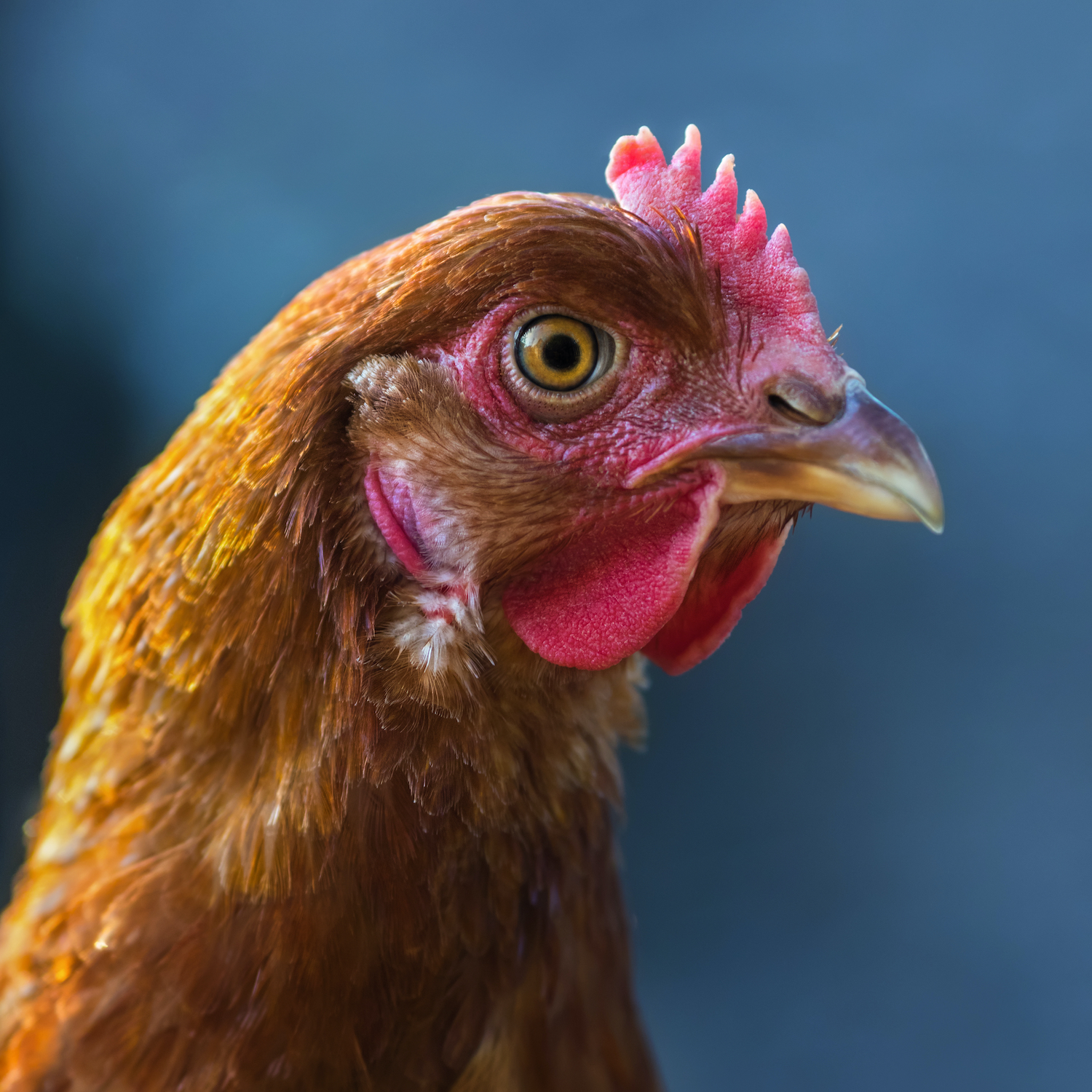
TORIDOLL Holdings Corporation, one of the world’s largest restaurant companies based in Japan, has released a groundbreaking global animal welfare policy pledging to source 100 percent cage-free eggs and egg products for its restaurant locations worldwide, making it the largest cage-free commitment from a Japanese-multinational corporation to date. This critical commitment to improving the welfare for hens used for eggs follows collaboration between Toridoll and the Open Wing Alliance, a global coalition of more than 90 major animal protection organizations across 63 countries, including Animal Equality.
With over 1,700 restaurants in 27 countries, large presence in Asia, and a fast-growth trajectory, TORIDOLL’S new policy is set to improve the lives of countless hens raised in its global supply chains. In Japan alone, each TORIDOLL restaurant uses over 1000 eggs per day. With this commitment in place, TORIDOLL Japan is set to source approximately 1.2 million cage-free eggs by year-end 2022 and 11.68 million cage-free eggs by year-end 2023, improving the lives of about 40,000 hens in the span of 16 months.
TORIDOLL’S brands include Marugame Udon, Wok to Walk, Shoryu Ramen, Pokeworks, Konas Coffee, Boat Noodle, Monster Curry, Tamjai Samgor Mixian, Tamjai Hunnan Mixian, and more.
The coalition effort that helped to secure this animal welfare policy was led by members of the Open Wing Alliance, a global coalition united to improve the welfare of hens raised in factory farms worldwide. Animal Equality garnered support from thousands of Animal Protectors who joined the effort by taking digital actions advocating for a ban on cages for hens.
Why cage-free?
- Confinement: Hens used for eggs are intensively confined inside wire cages for virtually their entire lives. The cages are so overcrowded that hens cannot carry out many important, natural behaviors. Some hens cannot endure this extreme suffering and die in their cages.
- Injuries: Foot and claw damage are more frequent in cages than in other systems, with lesions, fissures, and twisted or broken claws resulting from stepping on sharp wiring every day. Often, other body parts are caught in the caging, which results in fractured or broken bones, deformities, and severe feather loss.
- Mental Anguish: Like any animal, chickens are highly motivated to perform natural behaviors. Although some cage farms provide some token enrichment, it is so poor that it is of little or no significance to hens. The constant inability to perform any actions that feel natural leads to immense, unending frustration.
- Food Safety: Cages aren’t just incredibly cruel to animals—they also pose serious health risks for humans. According to the European Food Safety Authority, cage farms are 25 times more likely to be contaminated with salmonella. These cramped, outdated cages raise major food safety concerns for consumers.
As consumer demand for improved animal welfare continues to grow, global companies like TORIDOLL have been abandoning cages around the world. More than 130 other global commitments to end the use of battery cages have been made by some of the largest companies in the world, including KFC, Burger King, Taco Bell, Krispy Kreme, Unilever, Nestlé, InterContinental Hotels, Sodexo, Kraft Heinz, Shake Shack, Famous Brands, Costa Coffee, and Barilla.
While cage-free does not mean cruelty-free, commitments by companies to eliminate cage systems markedly improves the wellbeing of the hens raised in supply chains. While more must still be done to make long-term changes to their quality of life, this is a significant first step for hens used for eggs.
How can you help? Sign our petition asking RIU Hotels & Resorts to ban cruel cages in their egg supply chain!
You can also sign up to become an Animal Protector and take easy online actions to help animals. Sign up today at AnimalProtectors.us.

